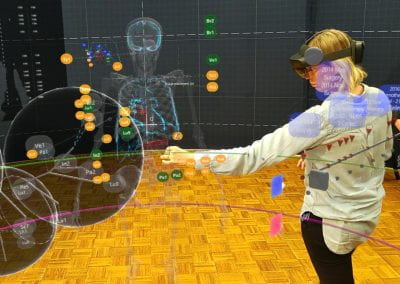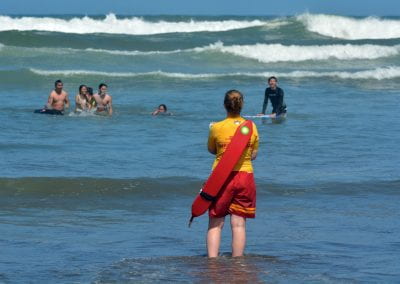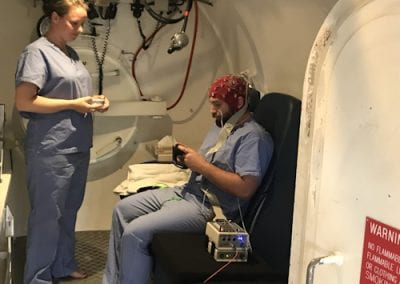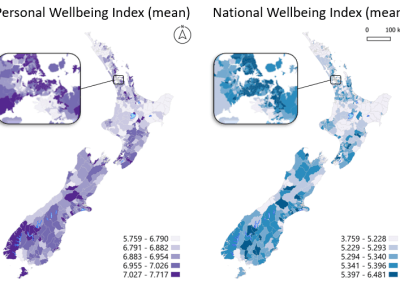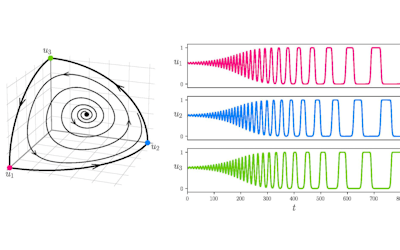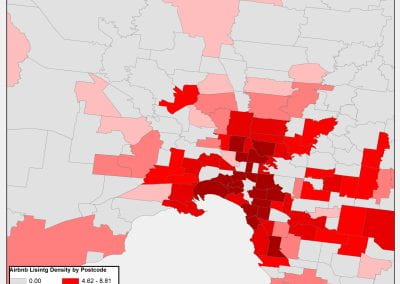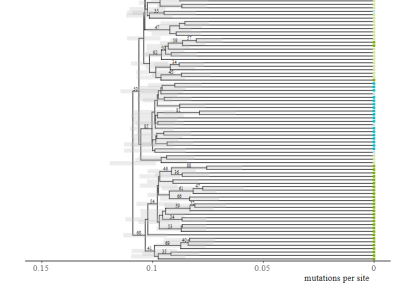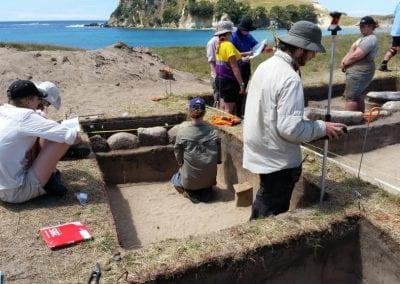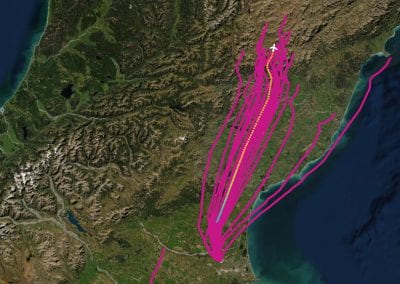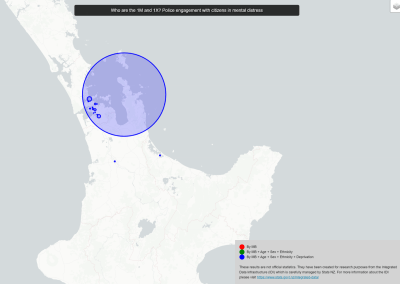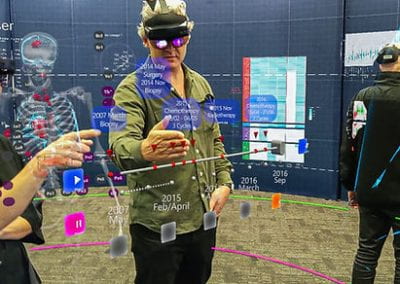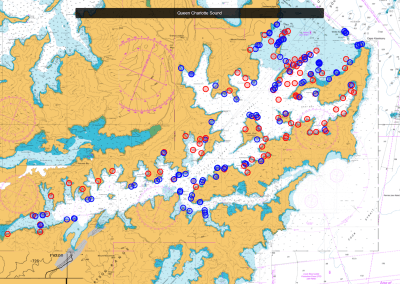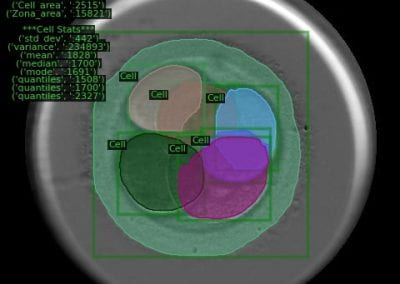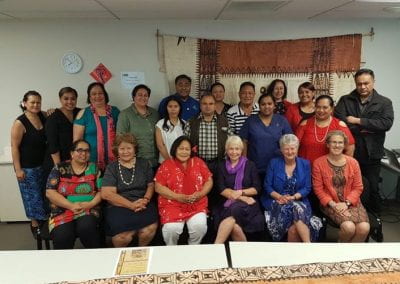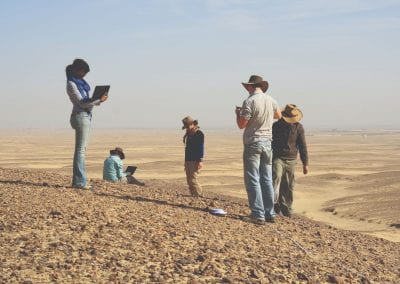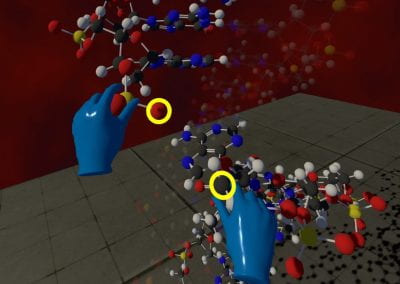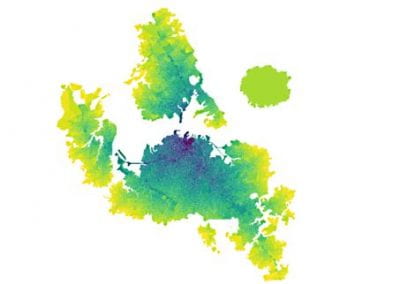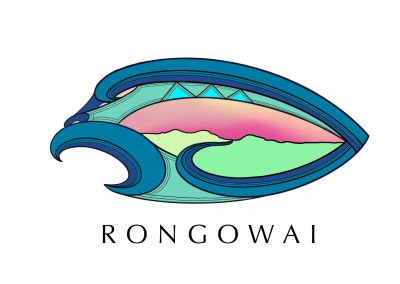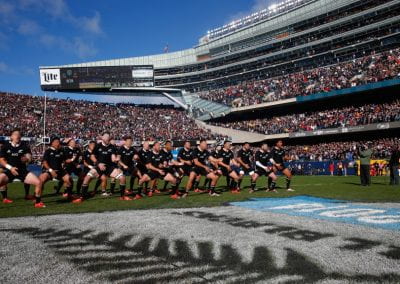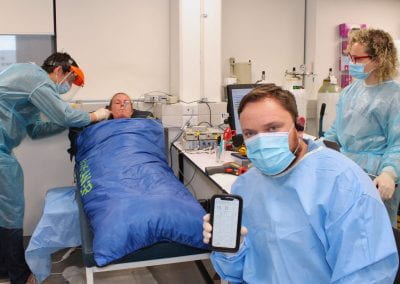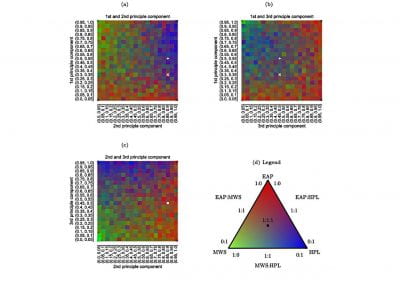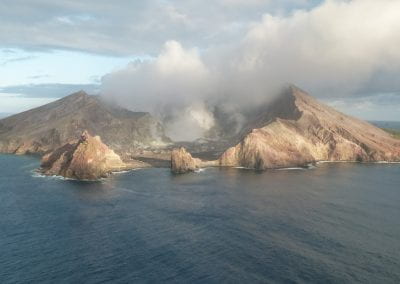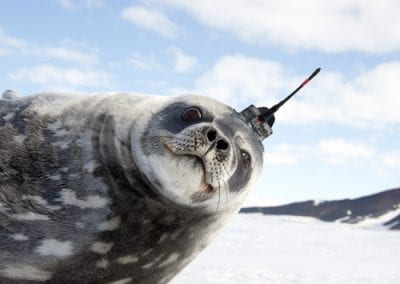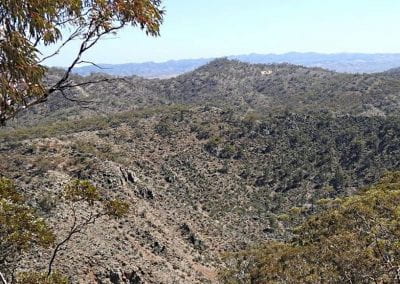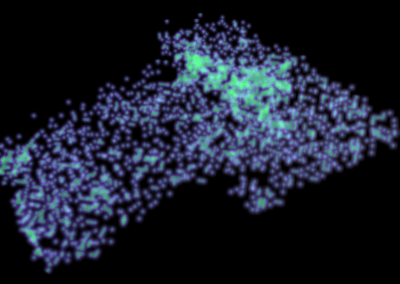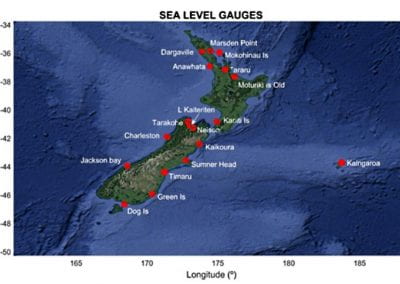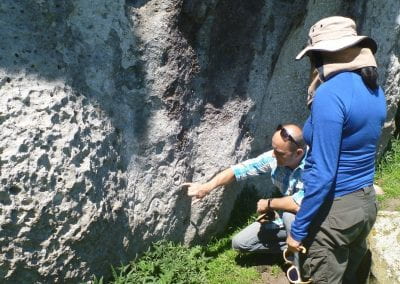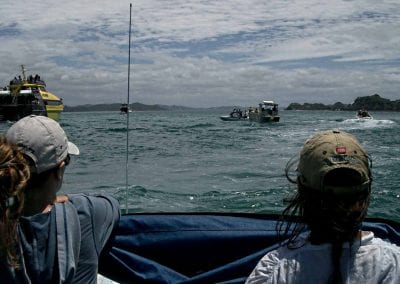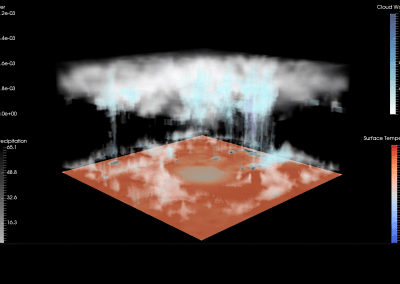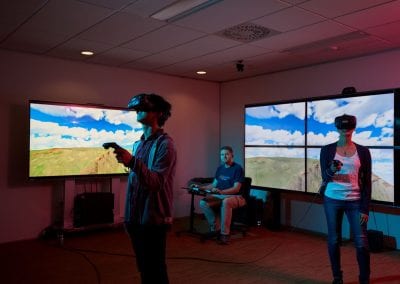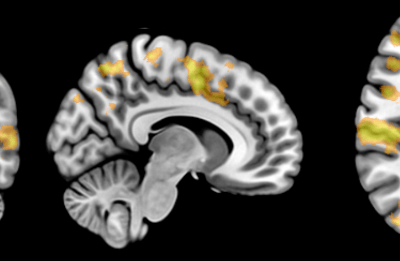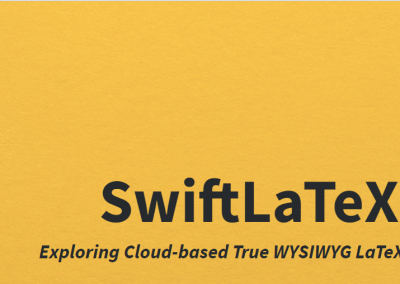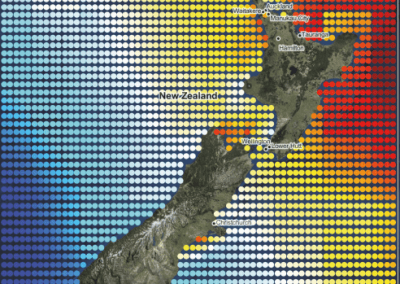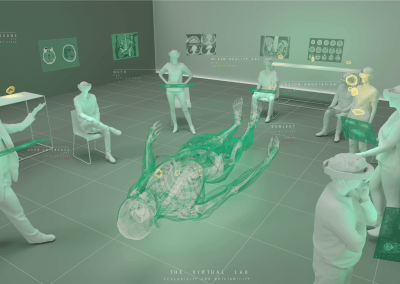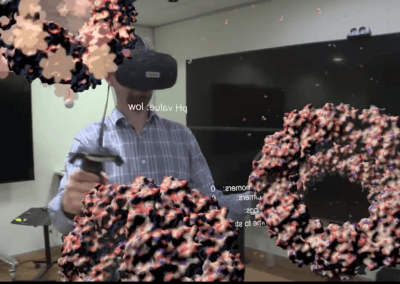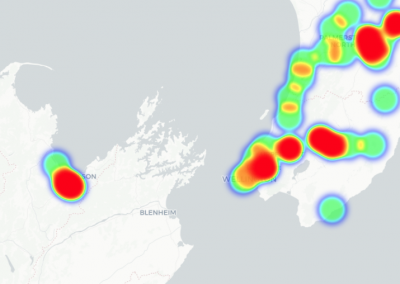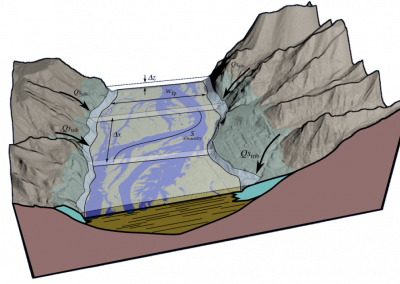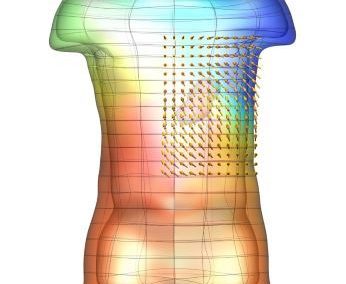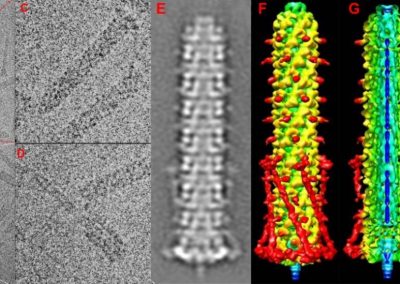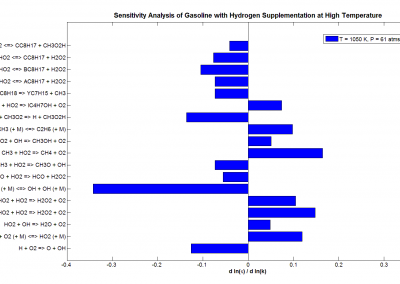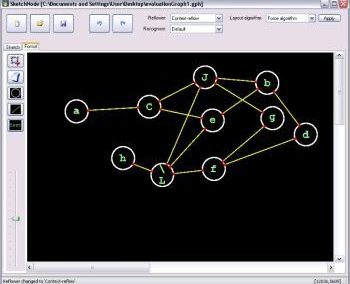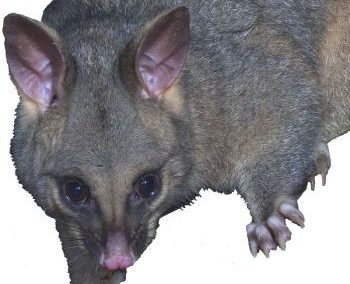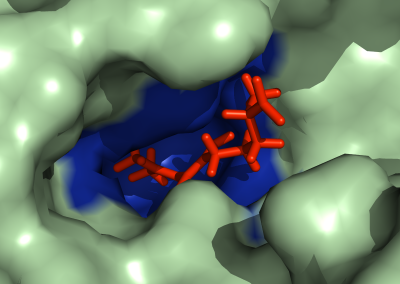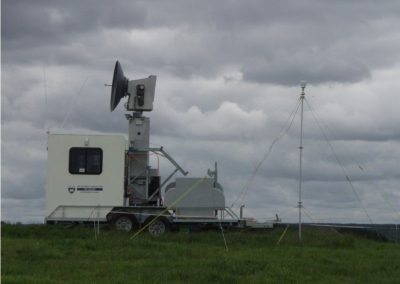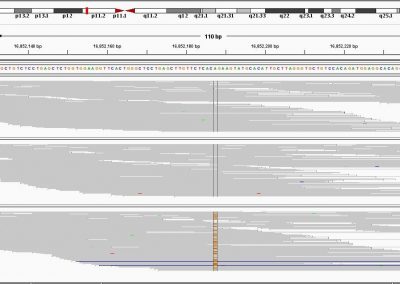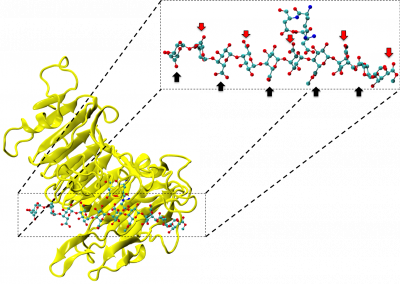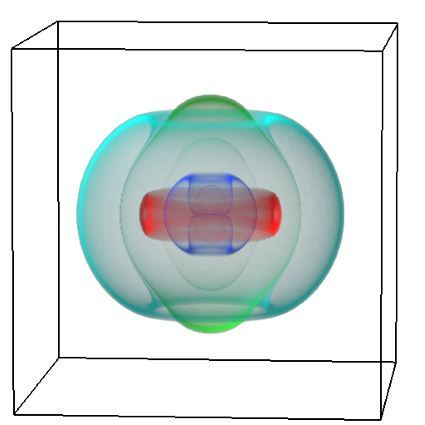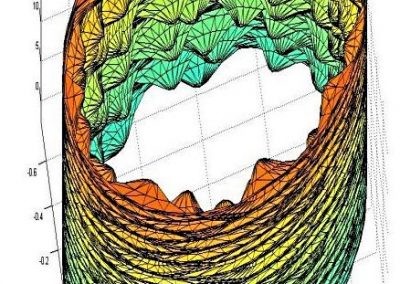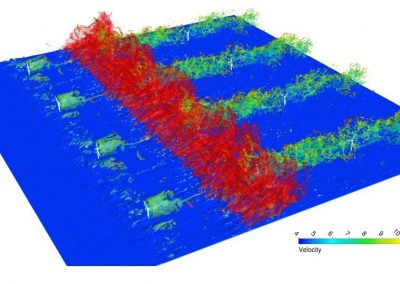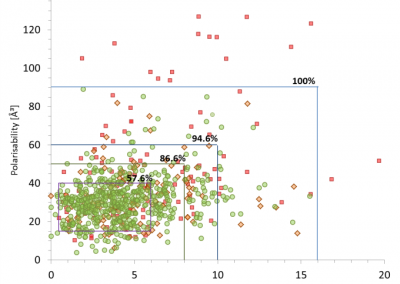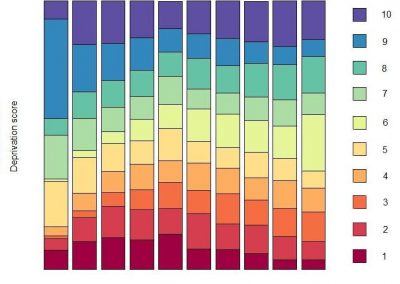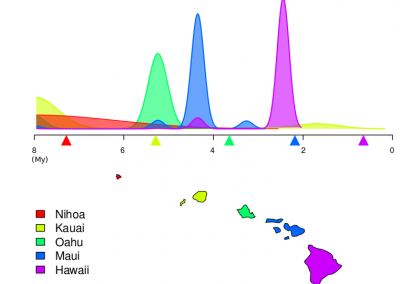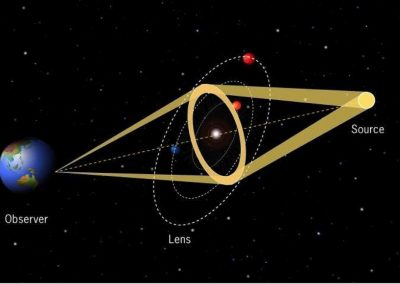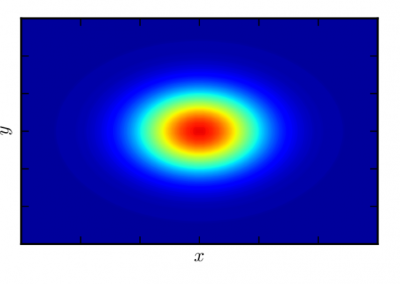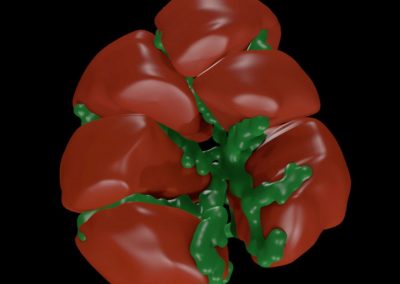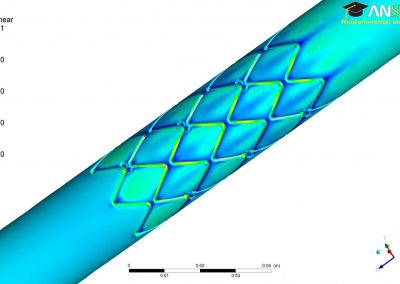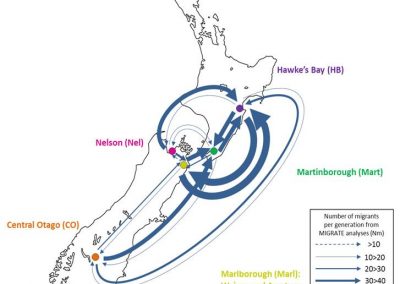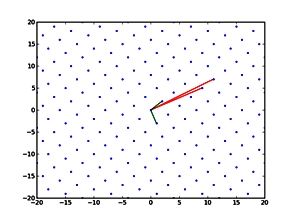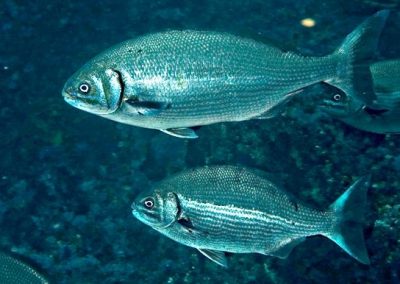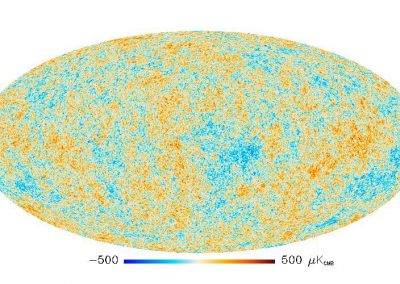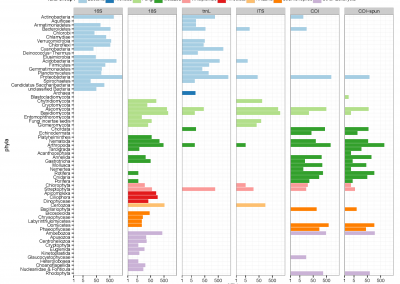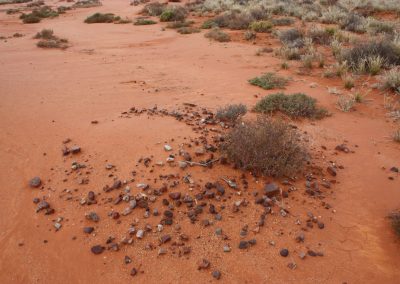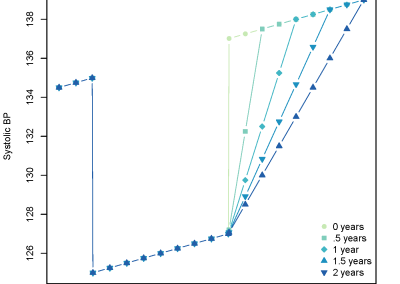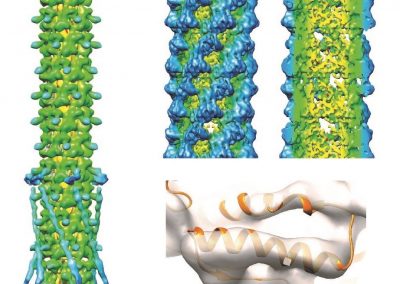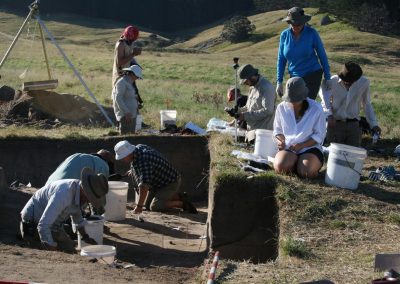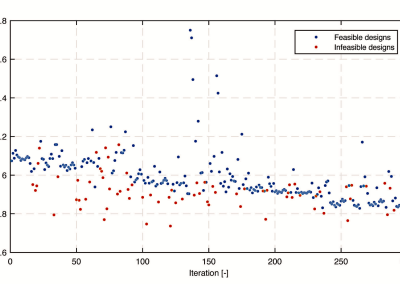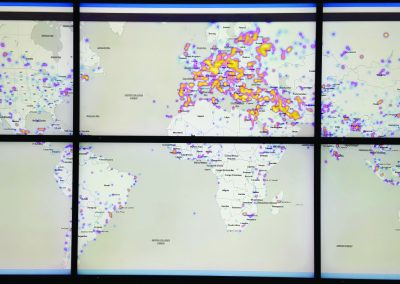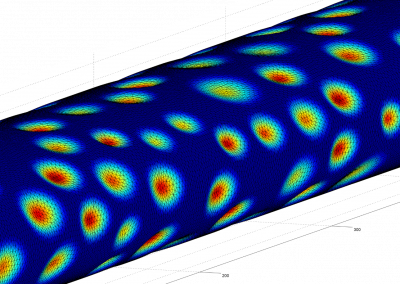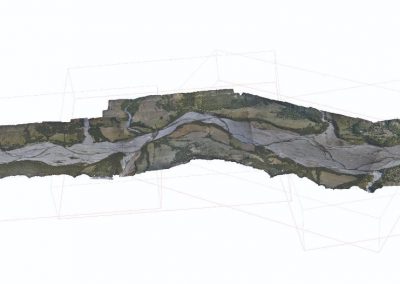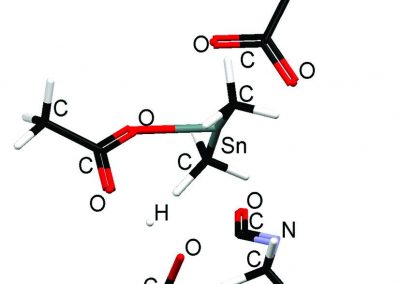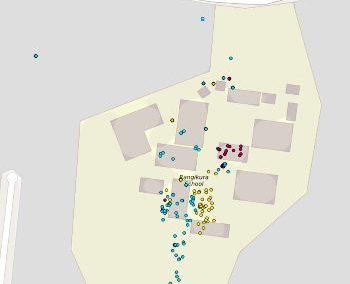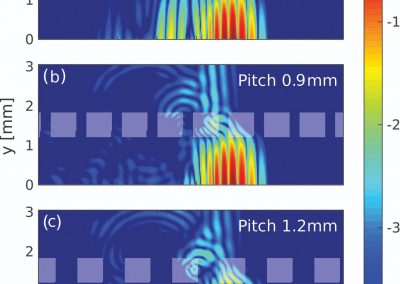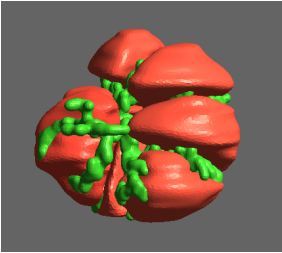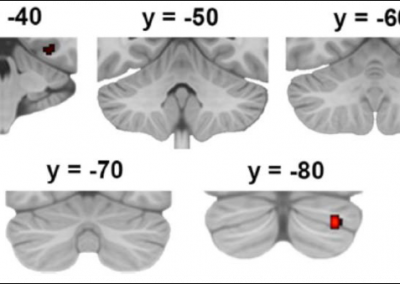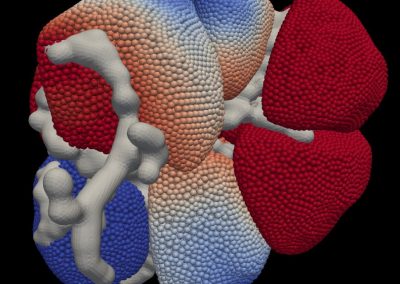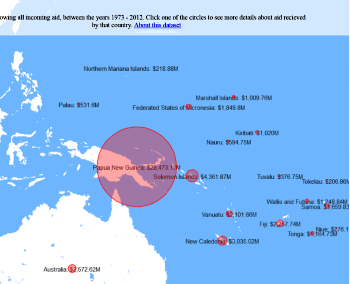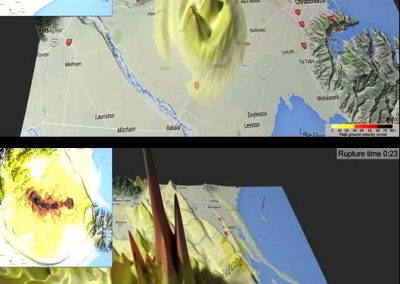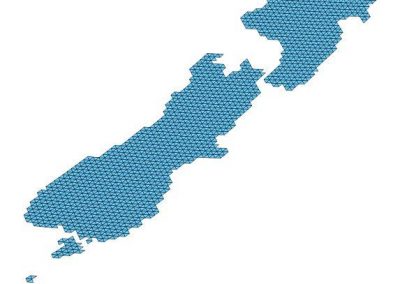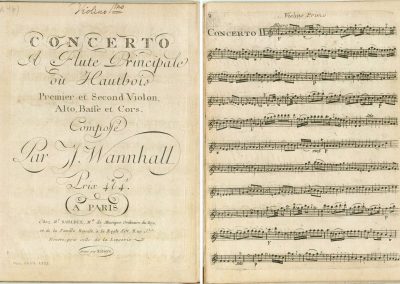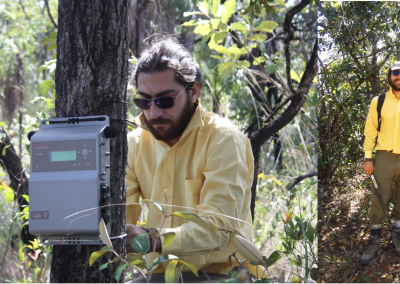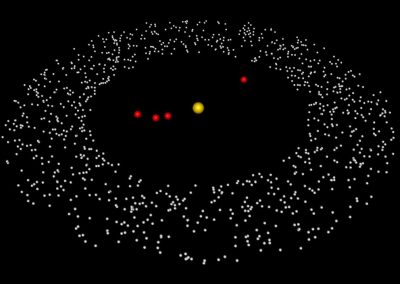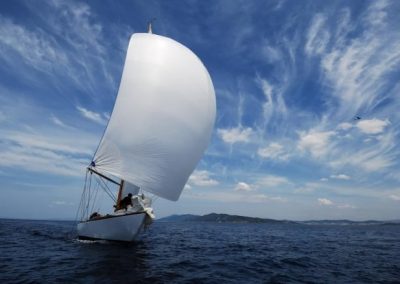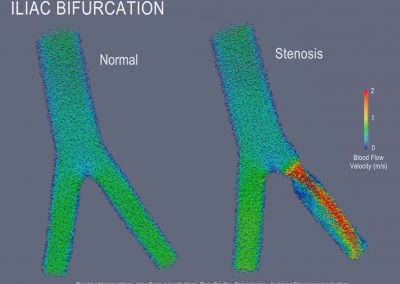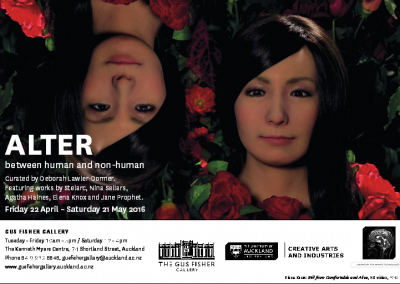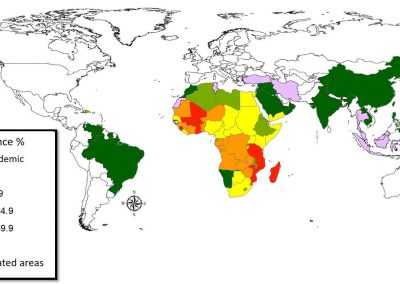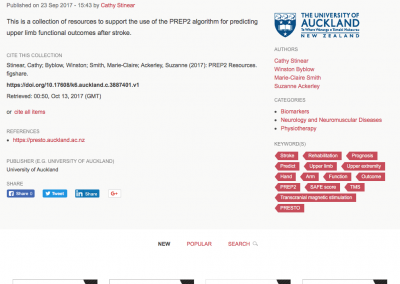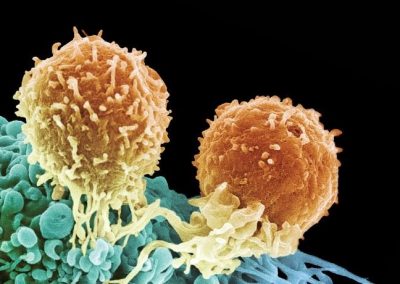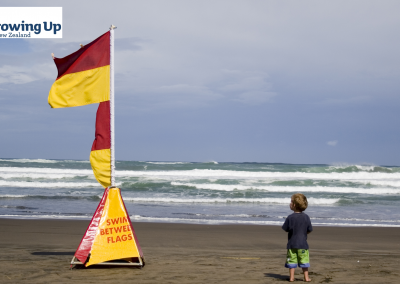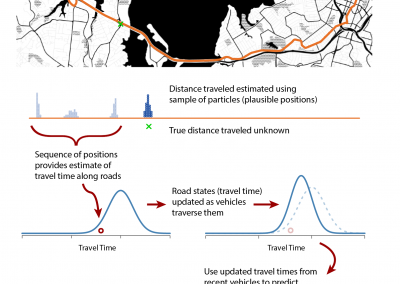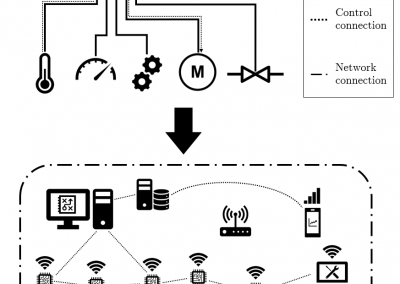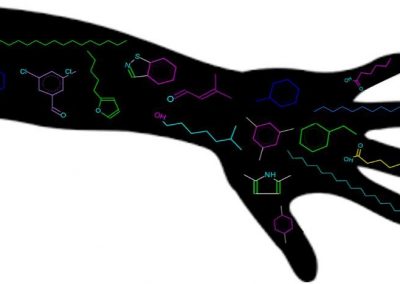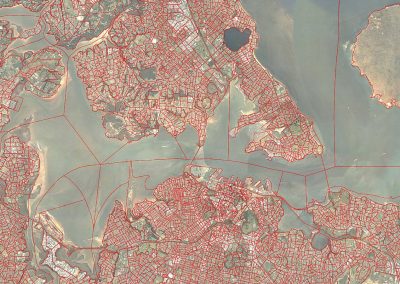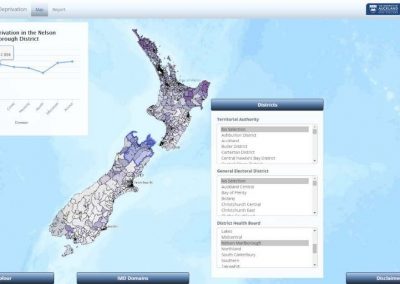
Haka on the move: sport circuits and cultural performance
Dr Lisa Fa’anofo Uperesa, Te Wānanga o Waipapa, Māori and Pacific Studies Pacific Studie; Nick Young, Centre for eResearch
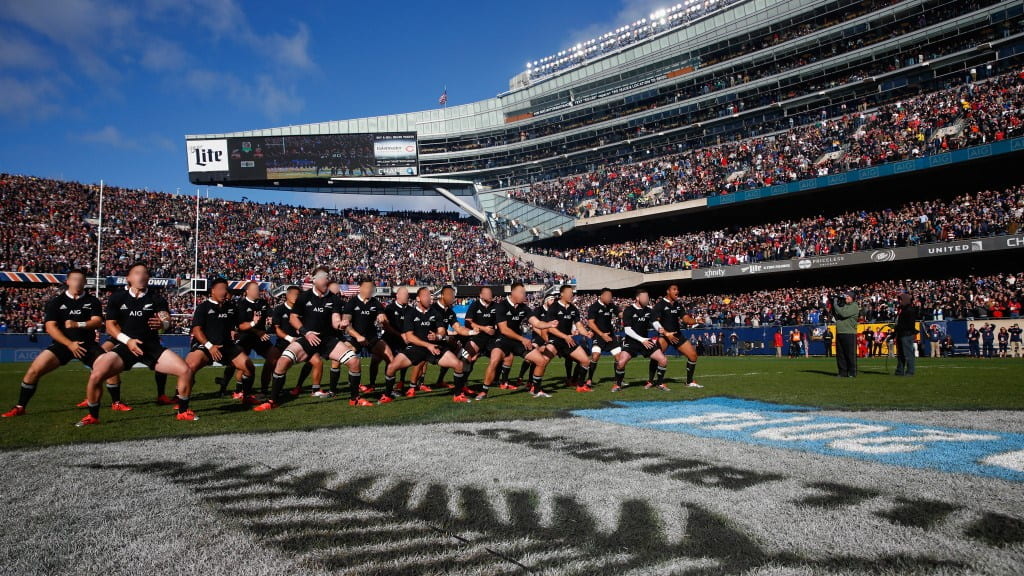
Background
In Dr Uperesa’s new book chapter “Entangled Histories and Transformative Futures: Indigenous Sport in the 21st Century”, she provides a survey of several different Indigenous contexts to highlight longstanding historical and emergent engagements with sport forms to reveal complex genealogies and shifting meanings across time and space. Delving into colonial legacies and indigenous practices, she first explores surfing in the Pacific and lacrosse in Native North America as two customary sports with longstanding Indigenous traditions that have been transformed over time and are thriving today. These coexist with other Indigenous sport activities that have also been revived as part of resurgent efforts toward recognition and symbolic expressions of sovereignty. She then examines how Native communities engage some of the sport forms with colonial legacies, claiming them as their own, imbuing them with meaning, and in some cases transforming them. Finally, with attention to the shifting gender balance in sport participation broadly, she considers the relationship between (gendered) culture and (gendered) sport. This follows on her forthcoming book project that traces genealogies of football in Samoa and Samoans in American football, and offers critical assessments of media representation, labor, service, community belonging, risk and injury, and changing visions of the future.
Haka on the move
Indigenous people use sports as avenues toward recognition, opportunity, and as a way of narrating community identities and achievements to themselves and others, even as they navigate colonial, racist, and marginalizing social dynamics and institutional structures toward new futures. Dr Uperesa is working on a project that focuses on the movement of haka through global sporting circuits outside of Aotearoa New Zealand, with an emphasis on how it appears in American football contexts. It includes local case studies of the use of haka in sporting and broader contexts in Aotearoa and the United States. The key focus is the movement and transformation of cultural forms in new contexts and the how the debates that emerge around protocol, ownership, and haka as cultural intellectual property intertwine with its importance as taonga in Aotearoa and valued performance of Polynesian identity in the U.S.
The original tweet posted by ESPN used the term “LSU Haka”. It created numerous responses around the US, see figure 1 below. It was then re-tweeted by Beulah Koale* and went viral. (Figure 2)
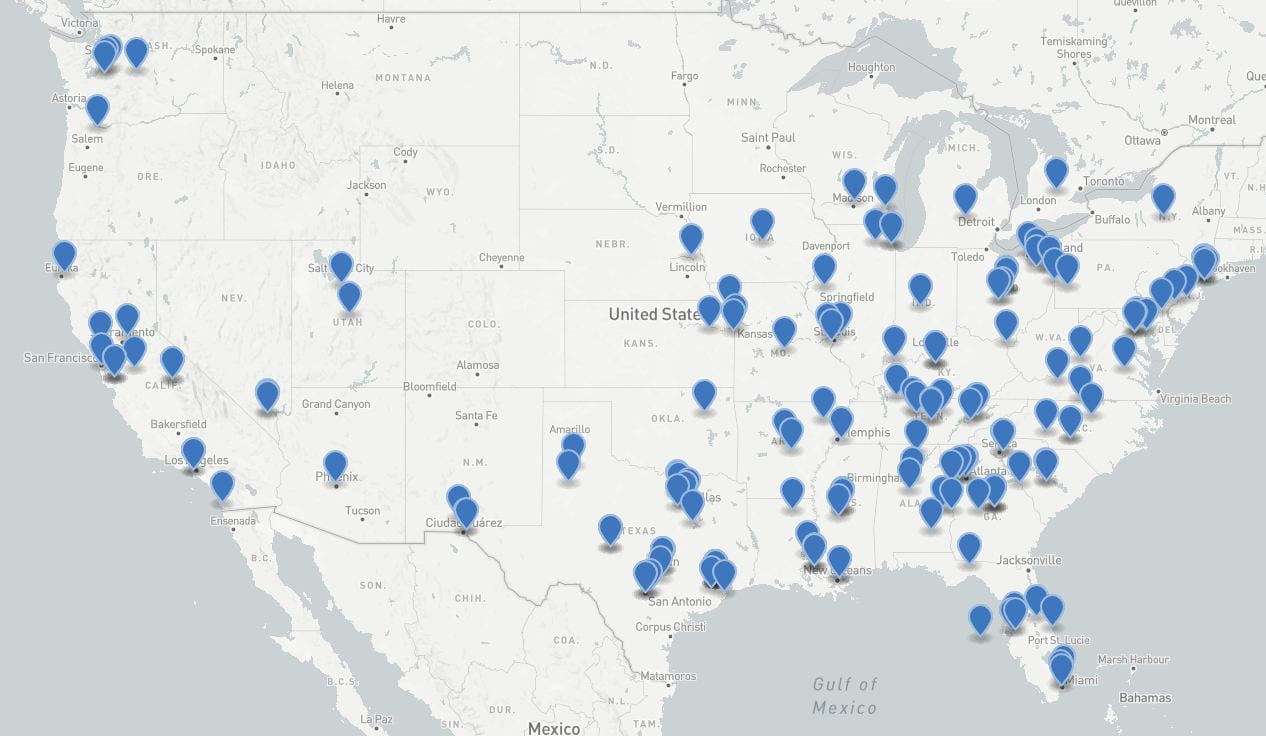
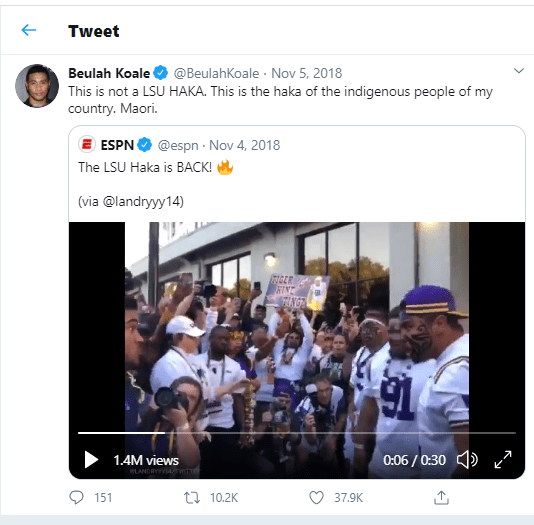
* Beulah Koale is a New Zealand–born actor of Samoan descent who portrayed Officer Junior Reigns in CBS reboot series Hawaii Five-0, and was formerly of Shortland Street and other NZ-based productions.
Next steps include a deeper dive into the kinds of issues raised in the discussion, with attention to how people in different places enter the conversation and the kinds of positions they take. This is one of several social media events to be analyzed as a component of the larger project that builds on and amplifies existing work by Maori scholars and practitioners on haka. It will include case studies and talk-story interviews or kōrero with people involved with haka in Aotearoa New Zealand and abroad, alongside performances in sport or other events like Te Matatini.
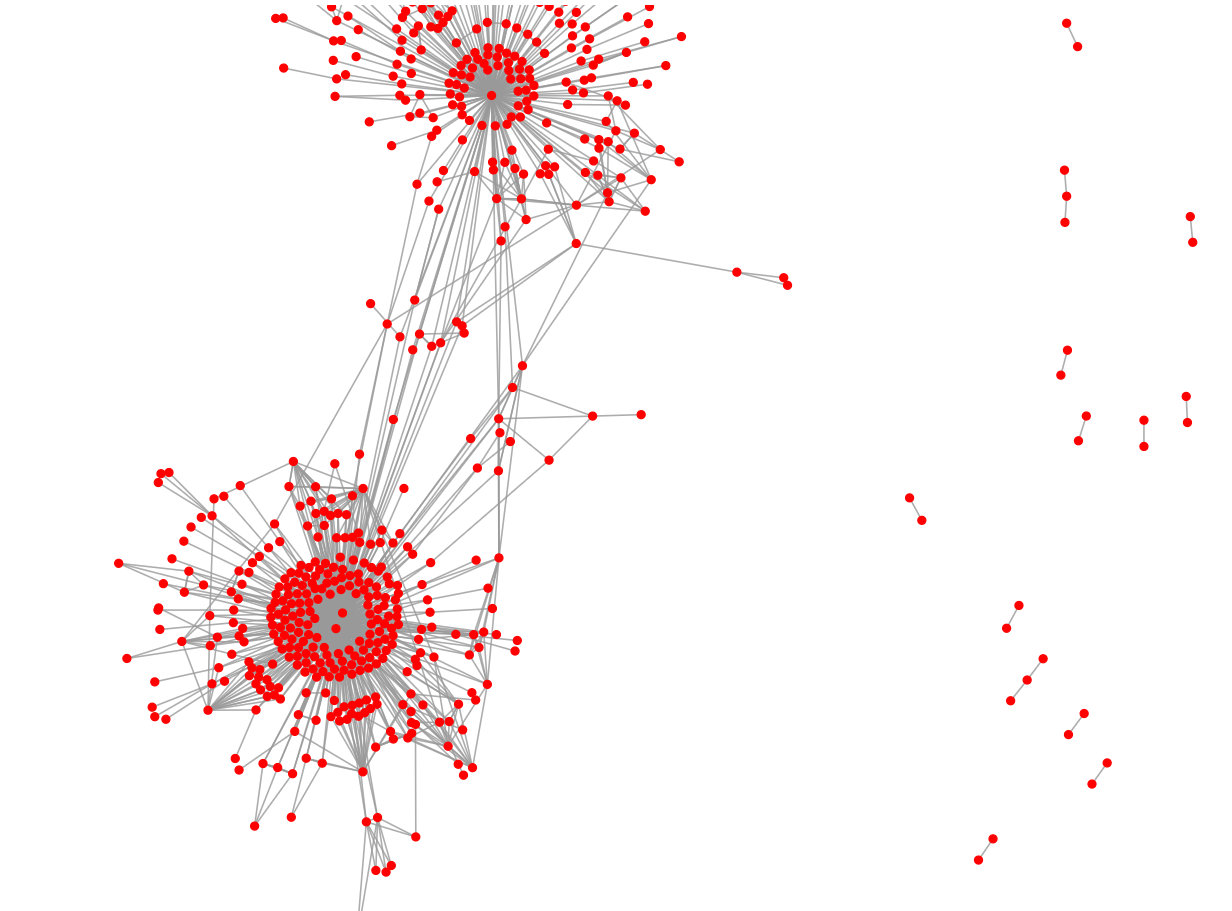
See more case study projects

Our Voices: using innovative techniques to collect, analyse and amplify the lived experiences of young people in Aotearoa
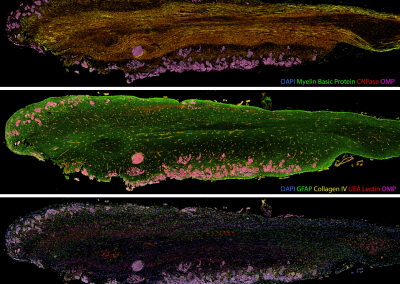
Painting the brain: multiplexed tissue labelling of human brain tissue to facilitate discoveries in neuroanatomy
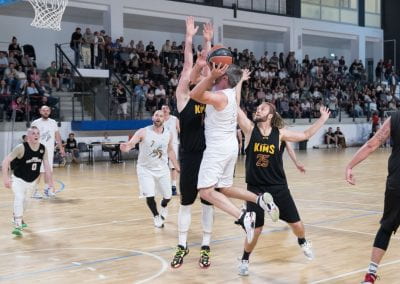
Detecting anomalous matches in professional sports: a novel approach using advanced anomaly detection techniques

Benefits of linking routine medical records to the GUiNZ longitudinal birth cohort: Childhood injury predictors
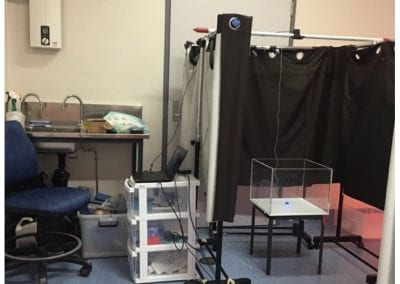
Using a virtual machine-based machine learning algorithm to obtain comprehensive behavioural information in an in vivo Alzheimer’s disease model
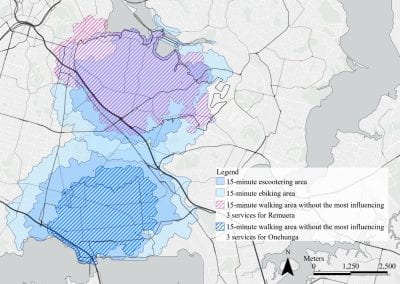
Mapping livability: the “15-minute city” concept for car-dependent districts in Auckland, New Zealand
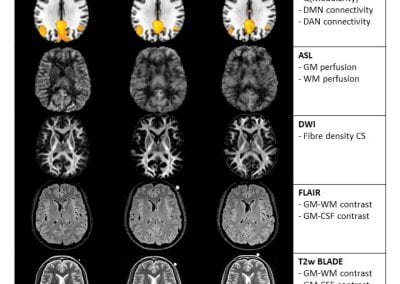
Travelling Heads – Measuring Reproducibility and Repeatability of Magnetic Resonance Imaging in Dementia
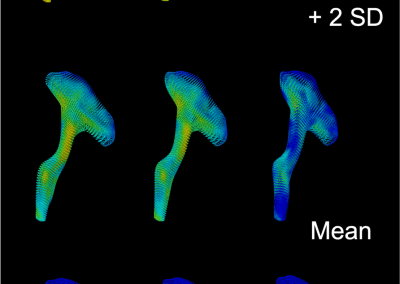
Novel Subject-Specific Method of Visualising Group Differences from Multiple DTI Metrics without Averaging

Re-assess urban spaces under COVID-19 impact: sensing Auckland social ‘hotspots’ with mobile location data
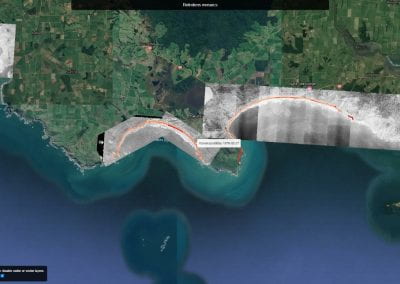
Aotearoa New Zealand’s changing coastline – Resilience to Nature’s Challenges (National Science Challenge)
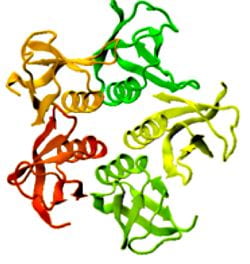
Proteins under a computational microscope: designing in-silico strategies to understand and develop molecular functionalities in Life Sciences and Engineering
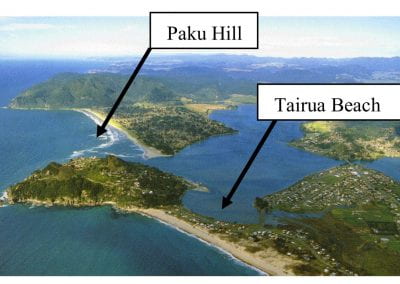
Coastal image classification and nalysis based on convolutional neural betworks and pattern recognition
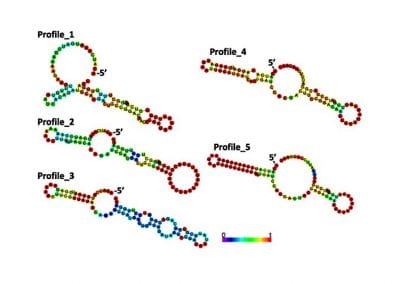
Determinants of translation efficiency in the evolutionarily-divergent protist Trichomonas vaginalis
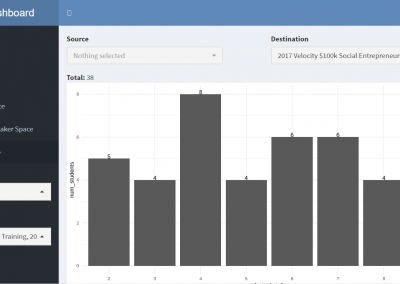
Measuring impact of entrepreneurship activities on students’ mindset, capabilities and entrepreneurial intentions
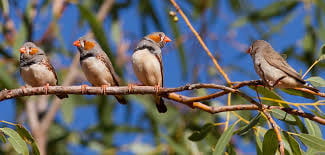
Using Zebra Finch data and deep learning classification to identify individual bird calls from audio recordings
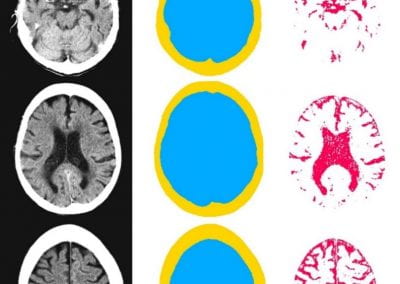
Automated measurement of intracranial cerebrospinal fluid volume and outcome after endovascular thrombectomy for ischemic stroke
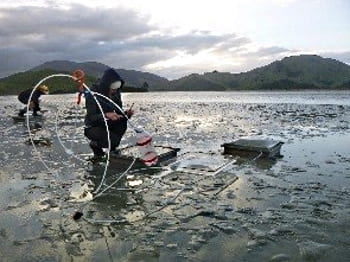
Using simple models to explore complex dynamics: A case study of macomona liliana (wedge-shell) and nutrient variations
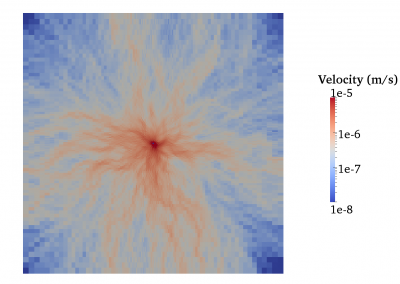
Fully coupled thermo-hydro-mechanical modelling of permeability enhancement by the finite element method

Modelling dual reflux pressure swing adsorption (DR-PSA) units for gas separation in natural gas processing
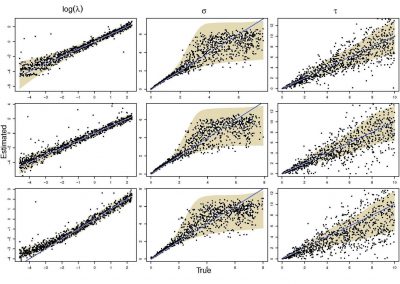
Molecular phylogenetics uses genetic data to reconstruct the evolutionary history of individuals, populations or species
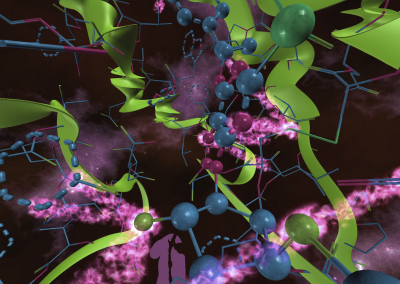
Wandering around the molecular landscape: embracing virtual reality as a research showcasing outreach and teaching tool














